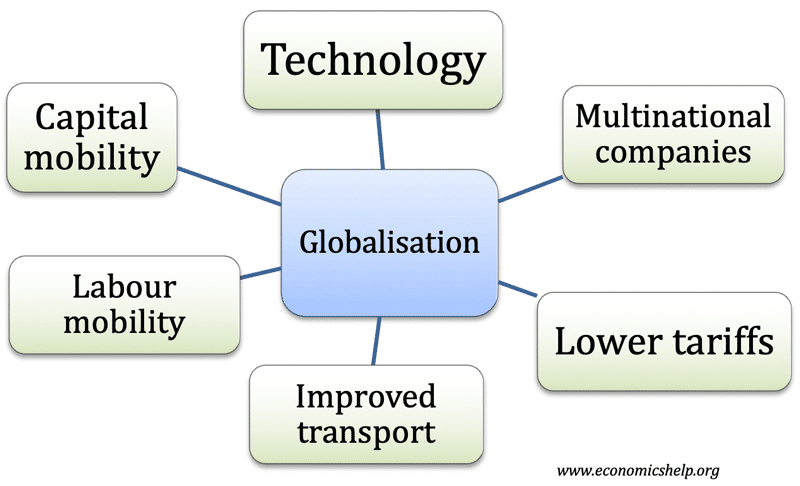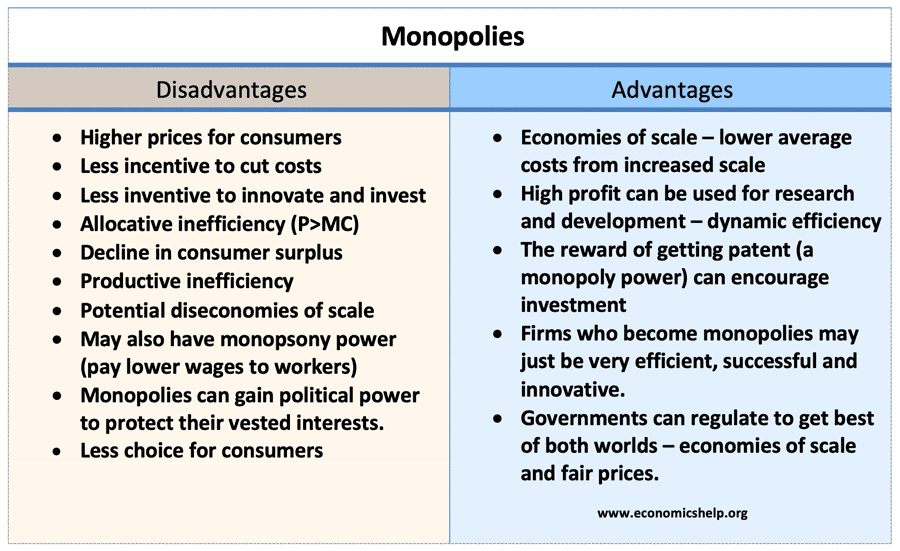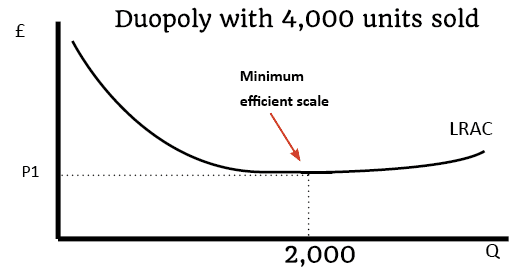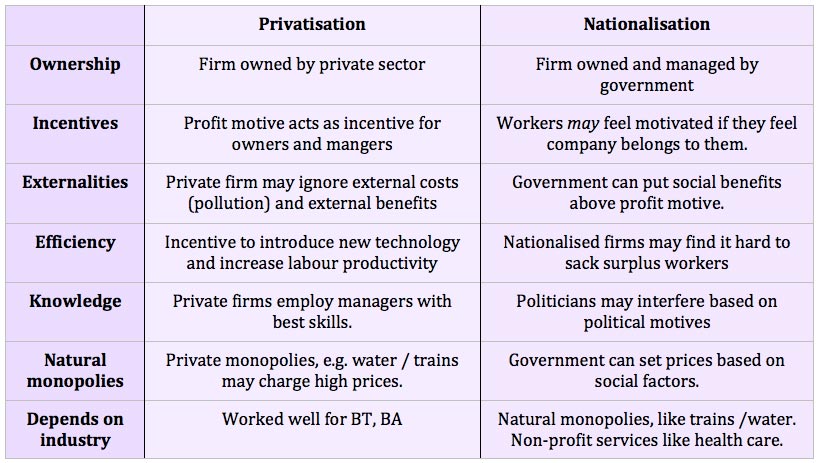What caused globalisation?
Readers Question: Evaluate the significance of the factors which have contributed to globalisation. Globalisation is not a new phenomenon. The world economy has become increasingly interdependent for a long time. However, in recent decades the process of globalisation has accelerated; this is due to a variety of factors, but important ones include improved trade, increased …






